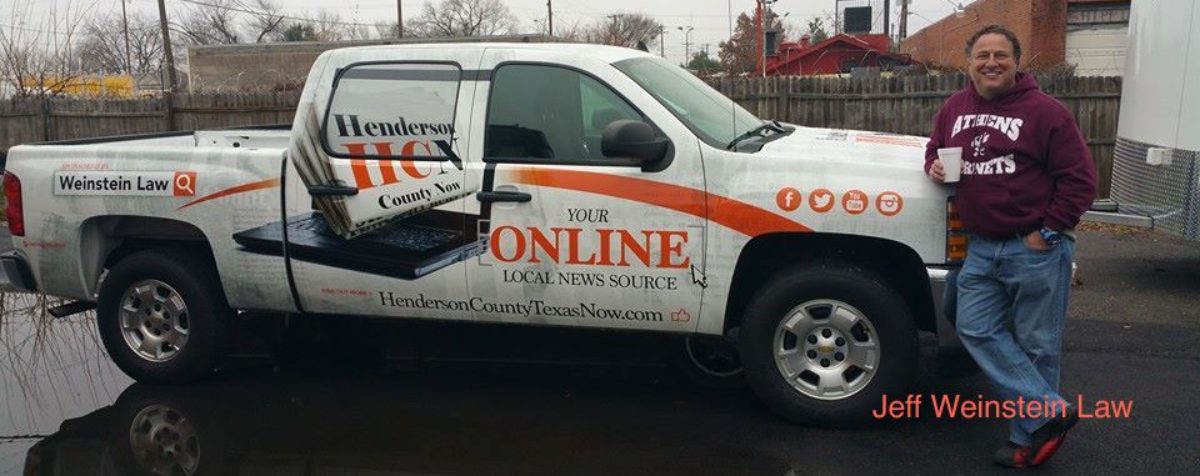
By Rick Hirsch/County Extension Agent
Over the last several weeks I have had numerous questions regarding the Ag/Timber Tax exemption from several landowners and ag producers. After doing a little research, I contacted the State Comptrollers Office for the following information. Persons claiming the agricultural exemption on their purchases already give their supplier an exemption certificate that includes the Ag/Timber Number. Effective Jan. 1, 2016, the exemption certificate must also include a current expiration date.
Ag/Timber Number holders need to renew their Ag/Timber number before Jan. 1, 2016 in order to get a current expiration date. Glenn Hegar, the Texas Comptroller of Public Accounts will send “how to renew” letters directly to persons already registered with us, and we are in the process of updating our website with this information. Renewal starts in October, and phone, online and mail renewal options will be available.
LAWN MAINTENANCE
As everyone who mows a lawn must realize, grasses like bermuda, St. Augustine and zoysia experience their highest leaf growth during the warm days of summer, but with the arrival of the cooler days of early fall, this will change. Lawns will not need to be mowed nearly as often and eventually will not need to be mowed at all. This is something to consider when shopping on sites like expertlawn.co.uk/best-grass-seed/ for the right kind of grass. During the days between the arrival of cooler weather and the first “killing” frost when the lawns turn brown, a very important process takes place. All summer the food material produced by the plant has been mostly used for leaf growth, but now since leaf growth is low, higher amounts of this same food material are available for root growth and for storage in the root system. It is critical for winter survival that the plant be able to store adequate amounts of food. Under most conditions this is not a problem at all, but if fertilizer, especially if it is a fertilizer that contains nitrogen in a soluble form, is applied to the lawn too late in the year, there may be a problem. When too much nitrogen is supplied to the grass plant it tends to stimulate leaf growth. Leaf growth may even reduce food reserves – the food reserves needed for winter survival. This is the basic reason the first to mid part of September is generally considered to be the time for the last application of fertilizer for the year. If lawns are fertilized any later in the fall, the risk of winter kill is increased. If you’re new to all this and are not quite sure where to start then it is definitely worth talking to professionals like Jeremiah’s Landscape Services to get you on the right track and give you the best advice. Another thing to take into account when thinking about lawn maintenance is removing leaves. If leaves are left on the lawn over winter, if it snows there is a chance of growing snow mold, which is a pink or gray fungal disease that can attack your grass. It also looks untidy and will create a horrible mulch on top of the lawn once they start to break down. The best thing to do with these leaves is to get a Dewalt leaf blower and blow them into piles that can then be used for compost.
SOIL TESTING
This past week I have had questions from several landowners who are making plants to plant new pastures next year. This of course is dependent on adequate rainfall. One of the best first steps is to take a soil sample.
Periodic soil testing, followed by liming and fertilization according to soil test recommendations, is critically important to achieve good forage production and maintain forage stands. On most livestock farms in Henderson County, no management practice will have more long-term influence on animal production per acre.
Soil test recommendations are based on the assumption that the forage produced will be utilized. Thus, it is important for a producer to adjust stocking rates and grazing management as necessary to ensure that the forage produced is used. This is essential to obtain the maximum or near maximum benefit from the investment in fertilizer.
In forage production, as is the case for most crops, the major nutrients – nitrogen, phosphorus and potassium – are of greatest concern because their deficiencies are most common. Each of these nutrients must be available in substantial quantities to obtain profitable, environmentally friendly forage production.
When soil pH becomes too low for good crop growth, as is the tendency for some soils in Henderson County, it becomes necessary to apply sufficient lime to raise soil pH to the desired level.
Soil test kits are available at the Henderson County Extension office or several retail Ag suppliers throughout the county.
IMPORTANT DATES
September 12 — Hunter Education Class – 7:30 a.m. – Texas Freshwater Fisheries Center Athens – 903-676-2277 for more information and to register

Good post. I’m experiencing some of these issues as well..